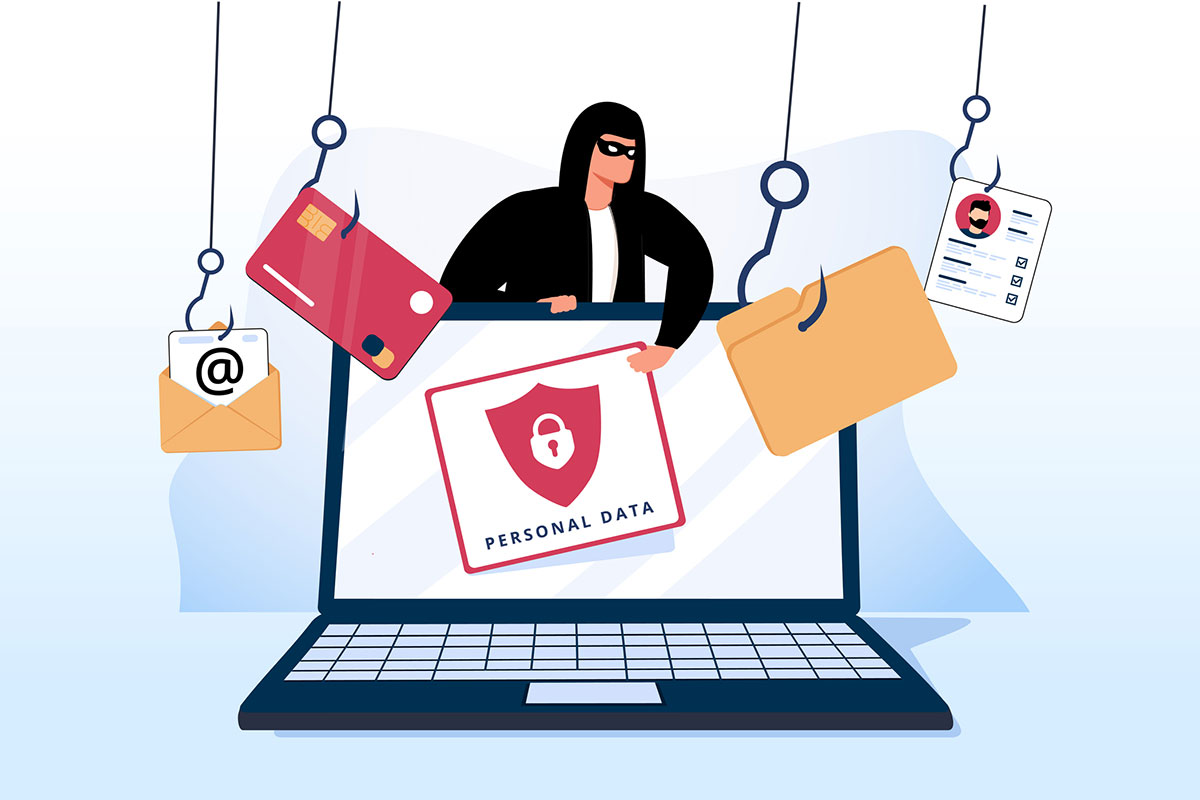Tony Capo Cyber Hacker: Digital Robin Hood or Modern-Day Outlaw?
Anthony Capo, better known by his online alias "Tony Capo" is a name that evokes controversy. Hailed as a digital liberator by some and a cybercriminal by others, Capo's story is a complex tapestry woven from technological prowess, a thirst for justice, and a defiance of authority.
Capo's early life remains shrouded in secrecy. His exceptional coding skills emerged during his formative years, and the allure of the digital world quickly consumed him. However, this fascination took a turn when Capo's awareness of global injustices grew. He witnessed how governments, armed with vast troves of data, could manipulate and control their citizens. This realization ignited a spark within him, a belief that his talents could be wielded as a weapon against tyranny.
Capo's first foray into hacktivism targeted a ruthless dictator notorious for hoarding wealth while his people suffered. With audacious skill, he breached the regime's seemingly impenetrable systems, exposing their embezzlement and rigged elections for the world to see. The dictator's carefully constructed facade crumbled under the weight of Capo's digital assault. This initial success, a testament to Capo's abilities, proved that a single individual could disrupt the status quo and ignite a revolution.
Capo's exploits gained notoriety. He became a digital phantom, crippling propaganda machines of oppressive regimes, leaking documents that exposed human rights abuses, and dismantling the financial control these regimes held over their citizens. For the oppressed, he was a symbol of hope, a digital Robin Hood challenging the established power structures.
However, Capo's actions weren't without consequences. Governments launched cyber manhunts, and bounty hunters relentlessly pursued him. Yet, Capo thrived on the challenge. His exceptional skills and vast network of allies kept him one step ahead. The thrill of the chase fueled his defiance, a constant reminder of the stakes involved.
The wealth Capo amassed through his exploits remains a point of contention. He claims it's not personal gain, but rather a war chest to fund his missions, bolster his defenses, and support the very people he fights to liberate. His detractors see it as stolen property, a justification for their pursuit.
Tony Capo's story remains unfinished. The fight for freedom is a constant struggle, and as long as powerful entities exploit the system, Capo vows to remain a digital phantom, striking from the shadows. Whether he's a champion of liberty or a lawless vigilante, one thing is certain: Tony Capo Hacker has carved his own unique path in the ever-evolving landscape of the digital world.

